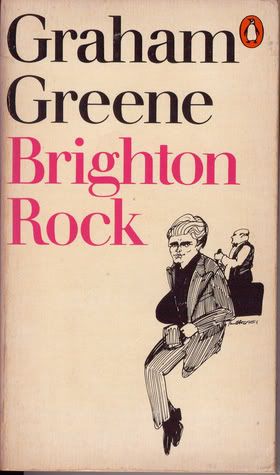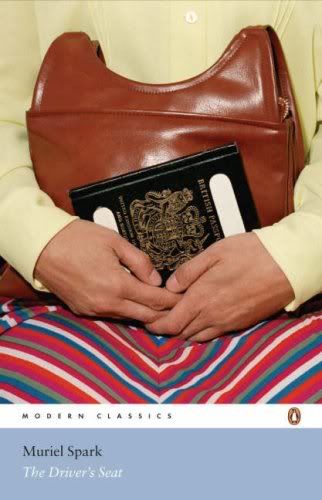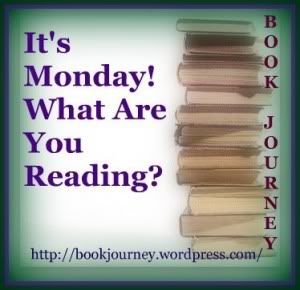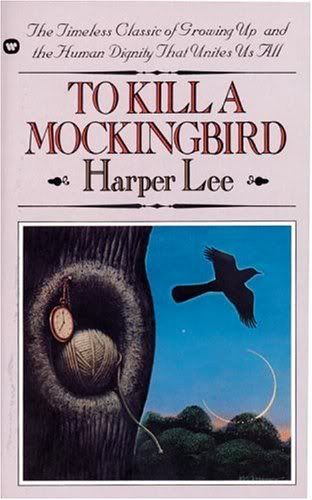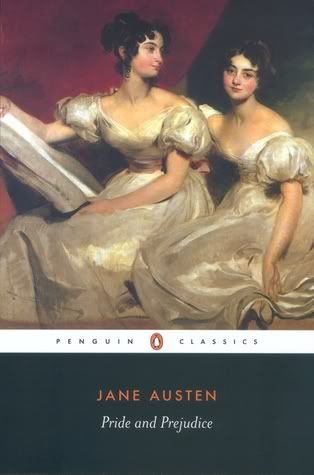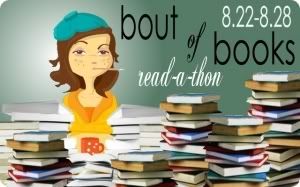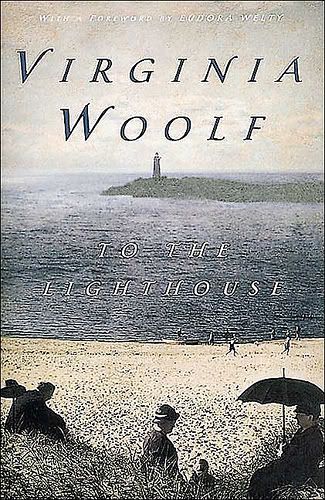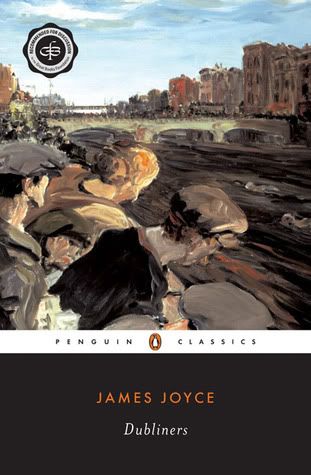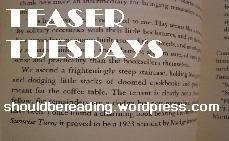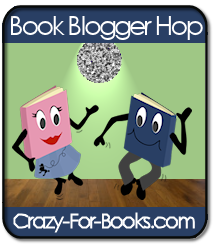Prior to picking up this novel, my only exposure to Virginia Woolf was a short-story for a college course years ago entitled Kew Gardens (in which, I possess no recollection of whatsoever), the film Orlando staring the always wonderfully eccentric Tilda Swinton (an utterly bizarre story taking place during various time periods with strong feminist ideologies and focusing on gender identity) along with a halfhearted attempt to finish To the Lighthouse, only to give up rather quickly in frustration. In retrospect, it is astonishing how much my reading habits and writing skills have improved since those troublesome early years of university life when I remained completely indifferent towards my English courses out of frustration to comprehend the material; bitterly struggling to tackle challenging authors such as Virginia Woolf and in retaliation, stubbornly resorting to insubordination. Ironically, only after dropping out did I begin to take an avid interest in literature and through intensive self-study, my passion for the written English language has manifested into pure obsession. If Mrs. Dalloway had been assigned by one of my classes back then, I most certainly would have tossed it aside as rubbish. Oh, what a daft buffoon I was back in those days!
For the longest while, I have purposefully avoided writing a review because without a second or even third reading, it is difficult to compose anything substantial that can possibly do this magnificent and profound novel justice. To simply reflect on the text produces a lump in my throat and brings me close to tears. What is it about this novel that is so intensely moving? A monumental literary achievement, Mrs. Dalloway renders the majority of fiction as perfunctory in comparison. The masterful prose, use of imagery and innovative style are contributing factors but the emotional power of this novel goes beyond mere aesthetics. Woolf takes on the ambitious task of burying deep into the amorphous and perplexing core of human consciousness in order to achieve metaphysical transcendence.
Similar to Faulkner's The Sound and the Fury, Woolf's Mrs. Dalloway is experimental in prose; appropriating a "stream-of-consciousness" literary aesthetic to explore the inner thoughts and feelings of the characters but the latter is far less alienating, maintains a tangible sense of intimacy and deeply emotional resonance that is not readily accessible in the former. Impressionistic and elusive in its narrative approach, Woolf is ambitiously subversive in technique; she radically departs from the conventions of form and structure typically associated with the novel -- ushering in a dazzling innovative reconstruction of narrative fiction. It is no surprise that she is often considered a revolutionary author. From the very first page, it becomes apparent that Mrs. Dalloway is not going to be a typical novel that plays by the rules. Woolf cleverly introduces the reader to the title character who decides to go out and buy some flowers because she hosting a party at her extravagant home for friends and distinguished guests of the English aristocracy. In a direct and simple way, she wily adheres to conventional story-telling: the female protagonist has an object of desire and in she will need to encounter various forms of conflict (inner, social and external) to finally achieve her goal. Yet, Woolf has no concern for a linear plot contrivances; life and human consciousness is far too complex to be restricted to stringent literary parameters. She is far more interested in examining the interior landscape of the human psyche; eschewing with the established objective worldview and plummeting directly into the jostled consciousness of her female heroine:
'What a lark! What a plunge! For so it had always seemed to her, when, with a little squeak of the hinges, which she could hear now, she had burst open the French windows and plunged at Bourton into the open air. How fresh, how calm, stiller than this of course, the air was int he early morning; like the flay of a wave; the kiss of a wave; chill and sharp and yet (for a girl of eighteen as she was) solemn, feeling as she did, standing there at the open window, that something awful was about to happen; looking at the flowers, at the trees with smoke winding off them and the rooks rising, falling; standing and looking until Peter Walsh said, "Musing among the vegetables?" -- was that it? -- "I prefer men to cauliflowers" -- was that it?" (3).
The style of writing accurately reflects the ebb and flow of conscious thought. There is a specific rhythm to the words and syntax as the protagonist is overwhelmed by the capricious ruminations of flooding memories from the past. The extensive use of punctuation (Woolf is a big fan of the semi-colon, bracket and line-break where sentences can stretch to a full page) is effectively implemented to serve as a type of mimetic articulation of the wandering inner thought-process. A pervasive melancholy of nostalgia and loss is prevalent in these lines, which also permeates throughout much of the text. Mrs. Dalloway sentimentally mourns her youth and first love with Peter Walsh when she lived at Bourton. She even questions the dubious nature of memory ("was that it?"). Woolf tactfully explores the fallibility of memory and her descriptions of the past are vivid as much as they are beautifully elegiac. Thus, her style of writing can be disorienting in its perplexity because the unstable psychological construction of past, present and future intertwine simultaneously. Although the novel can be appreciated on the surface level for its unique aesthetic merits, the narrative is built upon layers and layers of subtext that is difficult to absorb on a first reading. To further complicate matters , the novel is structured around interconnected sub-plots with Clarissa Dalloway serving as the main focal point. The inner lives of other characters is also examined with precision as their thoughts flow into one another. Hence, my earlier trepidation of reviewing this intensely complex work, which is overflowing with an intricate tapestry of thoughts and ideas that can be interpreted on so many different levels.
Much attention has been given to Woolf's social, political and economic commentary pertaining to England soon after WWI, with particular emphasis on the strong underlying feminist ideologies of the text. Personally, the most fascinating aspects of the novel is its philosophical interpretations, deeply rooted in ontology and the exploration of human consciousness. With intimate sensitivity and profound wisdom, Virginia Woolf has astonishingly managed to write one of most beautiful and life-affirming novels that I have ever read. It is strange how I find it much easier to write about a literary work that I disliked as opposed to one that completely floored me such as this novel where I can no longer view fiction in the same way ever again. Virginia Woolf possesses a profound grasp of humanity and understands life as ephemeral and fleeting. The dejection of unrequited love, loneliness, rampant insecurities, the difficulties of actually truly knowing anyone, the regret associated with the past and its influence on the present, the disconnection to the outside world, death--essentially, she understands what it means to be human--flawed, self-conscious, desperately seeking happiness in a cruel indifferent world, searching for some kind of meaningful connection with others. She speaks to me in a way no other author has ever done so before. Within these 200 pages, Woolf compacts the stuff of life through the power of language. She was ahead of her time and reading this novel was an enlightening experience.
I could probably quote the entire novel but here are just a few favorites:
"It was to explain the feeling they ad of dissatisfaction; not knowing people; not being known. For how could they know each other?" (152).
"It ended in a transcendental theory which, with her horror of death, allowed her to believe, or say that she believed (for all skepticism), that since our apparitions, the part of us which appears, are so momentary compared with the other, the unseen part of us, which spreads wide, the unseen might survive, be recovered somehow attached to this person or that, or even haunting certain places after death... perhaps - perhaps" (153).
"She had the perpetual sense, as she watched the taxi cabs, of being out, out, far out to sea and alone; she always had the feeling that it was very, very, dangerous to live even one day."
All the same, that one day should follow another; Wednesday, Thursday, Friday, Saturday; that one should wake up in the morning; see the sky; walk in the park; meet Hugh Whitbread; then suddenly in came Peter; then these roses; it was enough. After that, how unbelievable death was!-that it must end; and no one in the whole world would know how she had loved it all; how, every instant . . ."
"Did it matter then, she asked herself, walking towards Bond Street, did it matter that she must inevitably cease completely? All this must go on without her; did she resent it; or did it not become consoling to believe that death ended absolutely?"
"Death was defiance. Death was an attempt to communicate; people feeling the impossibility of reaching the center which, mystically, evaded them; closeness drew apart; rapture faded, one was alone. There was an embrace in death" (184).
"For she had come to feel that it was the only thing worth saying -- what one felt. Cleverness was silly. One must say simply what one felt" (191).
A masterpiece.
Read from July 20 to 22, 2011



